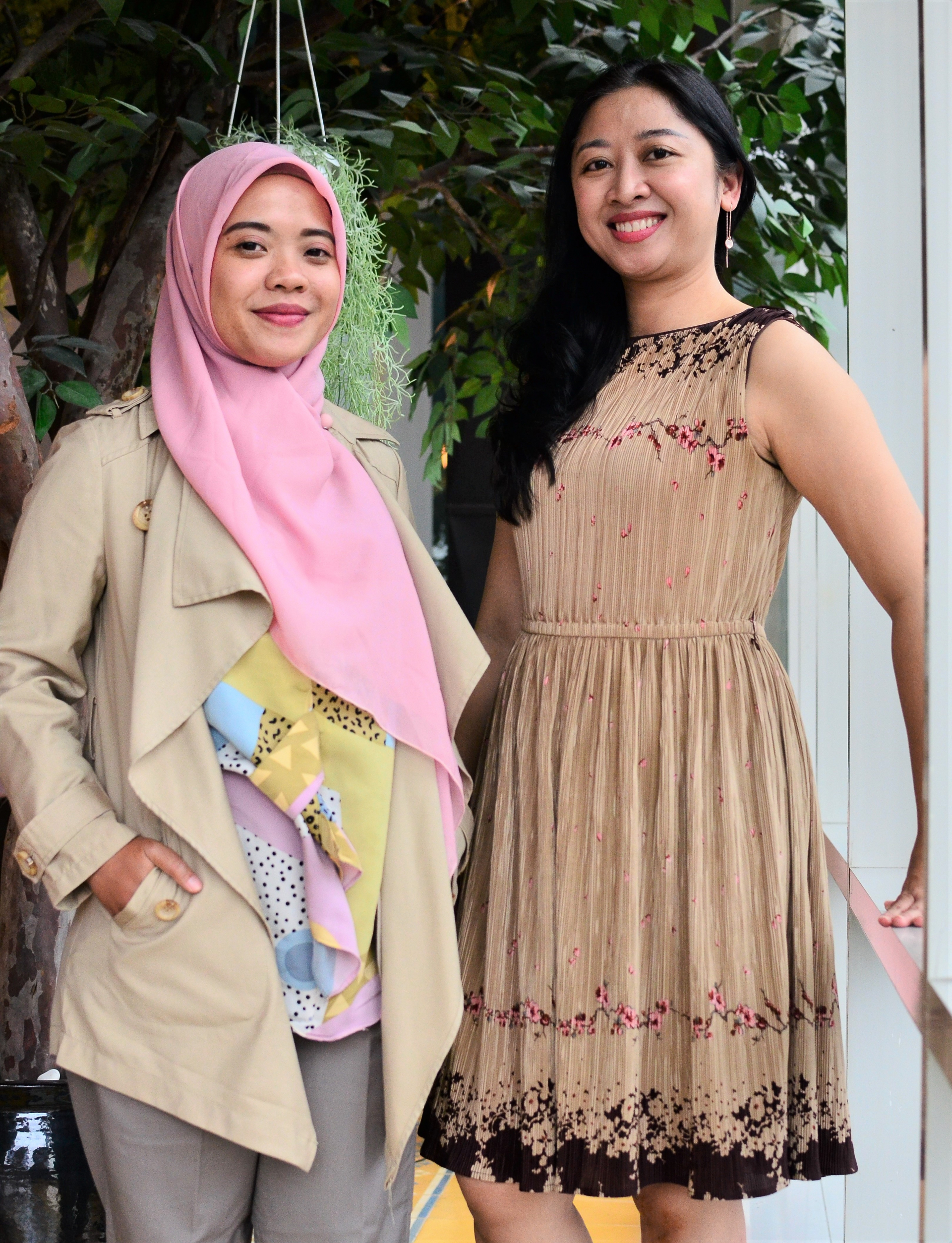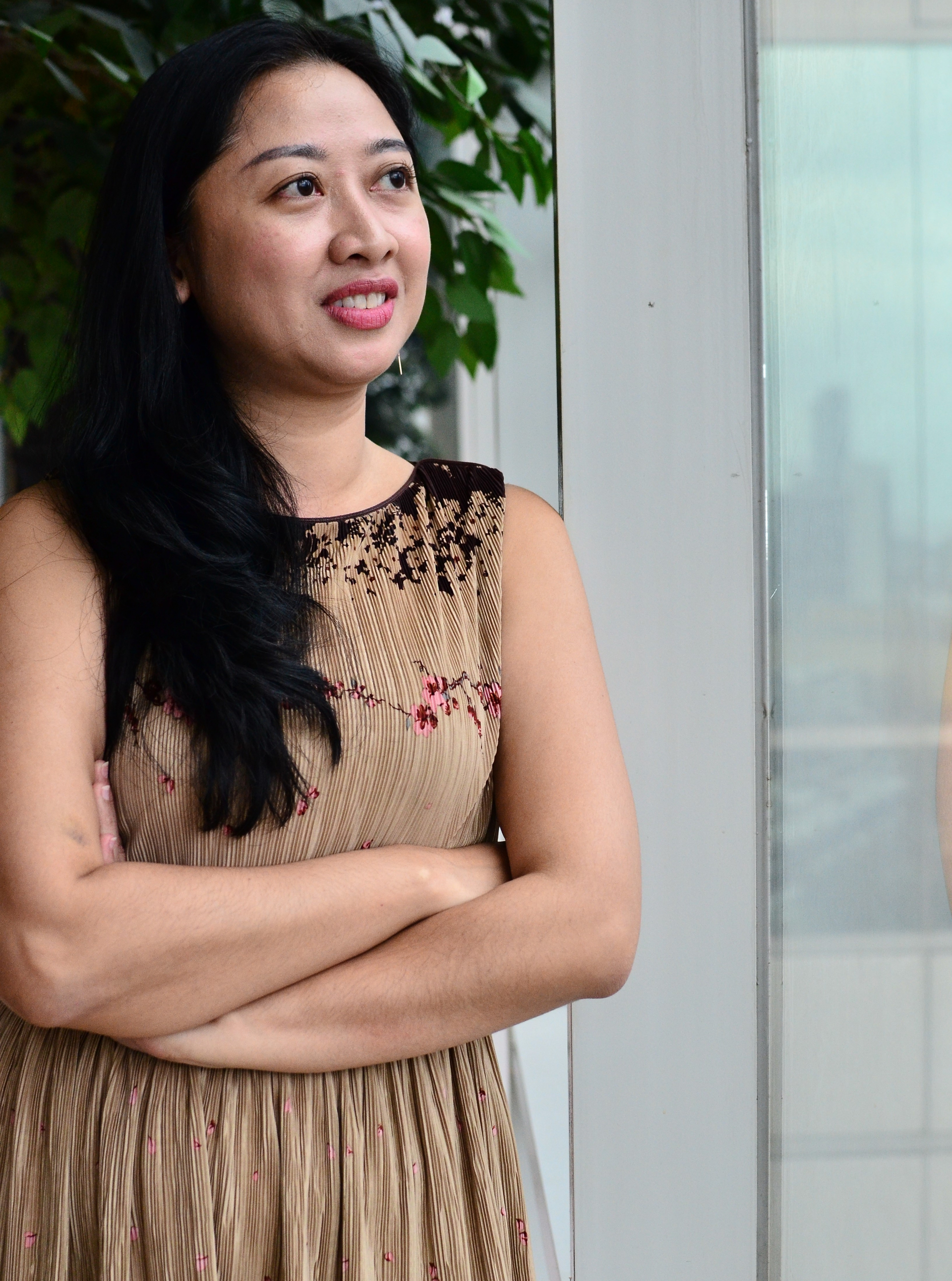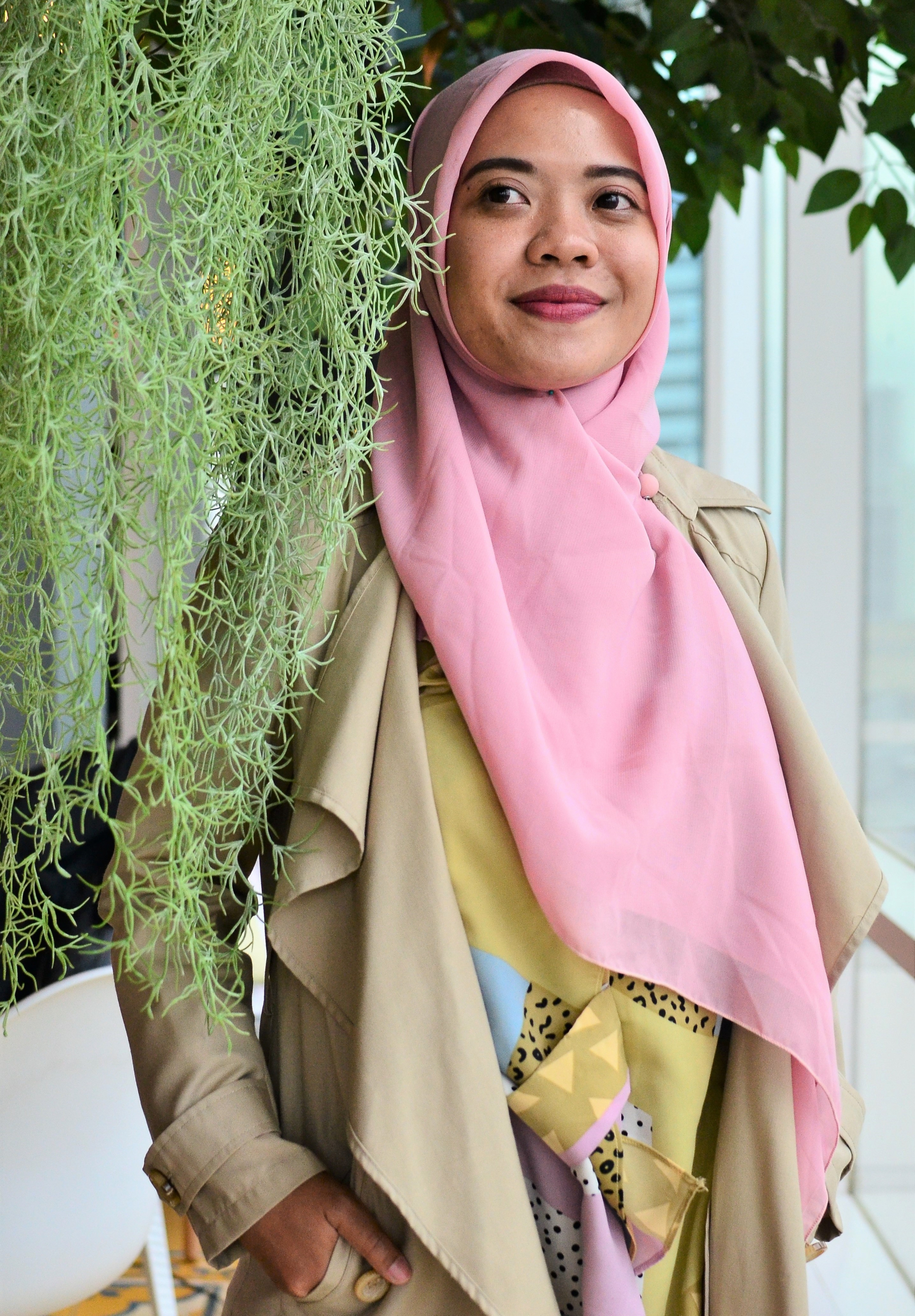The Gender Investment and Innovation Department of the Sasakawa Peace Foundation (SPF) conducts research and supports programs throughout Southeast Asia guided by the central idea that entrepreneurship unlocks opportunities for women.
As part of this work, SPF has partnered with Frontier Incubators, an initiative of the Australian Department of Foreign Affairs and Trade (DFAT), to produce the
Gender Lens Incubation and Acceleration (GLIA) toolkit. This interactive resource, informed by extensive consultation with local partners, helps intermediaries better incorporate gender considerations into their support of entrepreneurship in Southeast Asia to ensure that businesses that bring value to women are able to thrive.
To set the stage for the launch of the GLIA toolkit, this article series takes an in-depth look at Indonesia to spotlight the ways that women-led and inclusive businesses are blazing a trail in social enterprise and to demonstrate how angel investors and intermediaries can support this mission to build a better future for the country.


